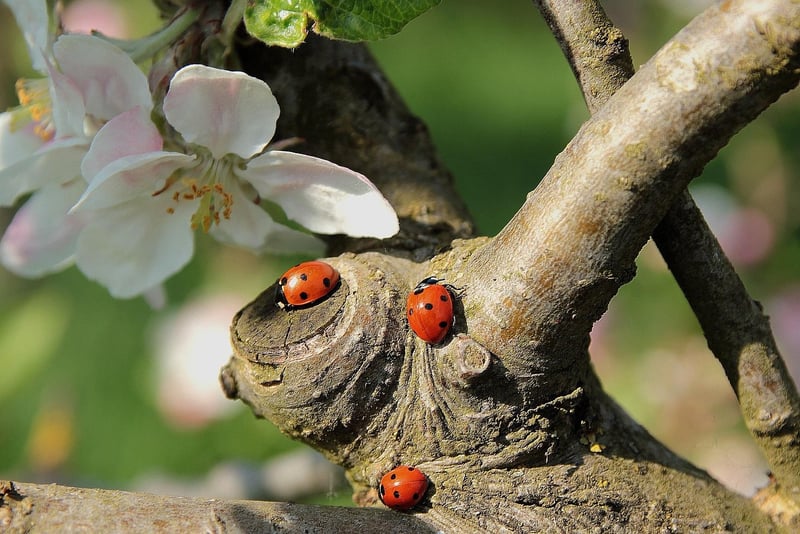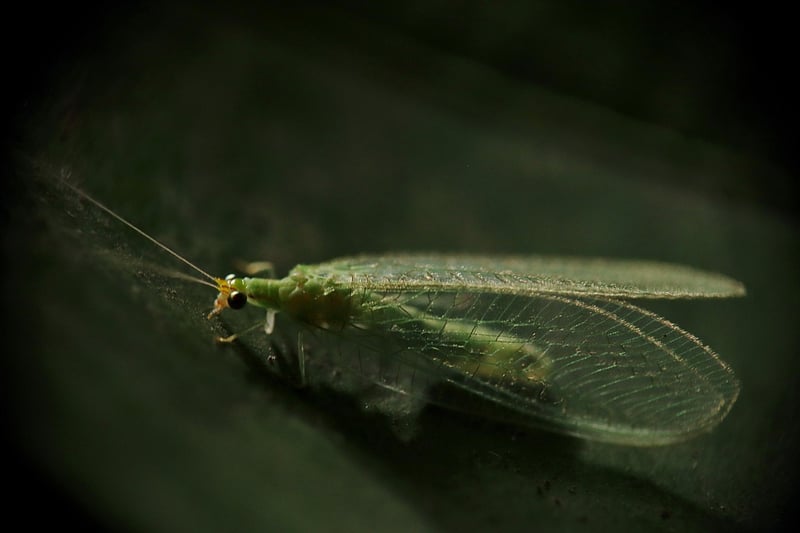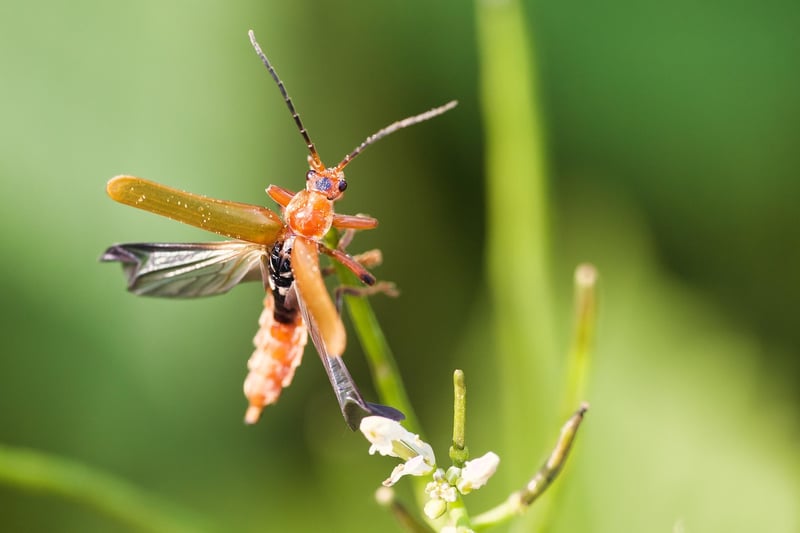Beneficial Insects
Protect Your Plants with Beneficial Insects
Are you struggling to keep pests away from your garden without resorting to harmful chemicals? Look no further than nature's own pest control: beneficial insects. These tiny helpers can protect your plants from destructive pests in an eco-friendly and sustainable way. Let's explore how you can attract these beneficial insects to your garden and keep your plants healthy and thriving.
Why Beneficial Insects?
Beneficial insects are natural predators that feed on common garden pests like aphids, caterpillars, and mites. By introducing these good bugs into your garden, you can reduce the need for chemical pesticides and promote a balanced ecosystem. Not only do they help control pest populations, but they also aid in pollination, leading to better plant growth and higher yields.
Common Beneficial Insects
Some of the most common beneficial insects include ladybugs, lacewings, parasitic wasps, and predatory beetles. Ladybugs, for example, are voracious aphid-eaters and can consume hundreds of these pests in a single day. Lacewings feed on aphids, mites, and small caterpillars, while parasitic wasps lay eggs inside pest insects, eventually killing them. Predatory beetles target a wide range of garden pests, making them valuable allies in pest management.
Attracting Beneficial Insects
- Plant a diverse range of flowering plants to provide nectar and pollen for adult beneficial insects.
- Reduce or eliminate pesticide use to avoid harming beneficial insects.
- Provide shelter for beneficial insects by incorporating plants with dense foliage or creating insect hotels.
- Avoid disturbing the soil excessively to protect beneficial insect habitats.
Images of Beneficial Insects



Conclusion
Embracing beneficial insects as part of your garden ecosystem is a sustainable and effective way to protect your plants from pests. By creating a welcoming environment for these natural predators, you can reduce the need for harmful chemicals and enjoy a healthier, more vibrant garden. So, invite these tiny allies into your garden and watch them work their magic!
Remember, a healthy garden is not just about the plants you grow but also the insects that call it home.
